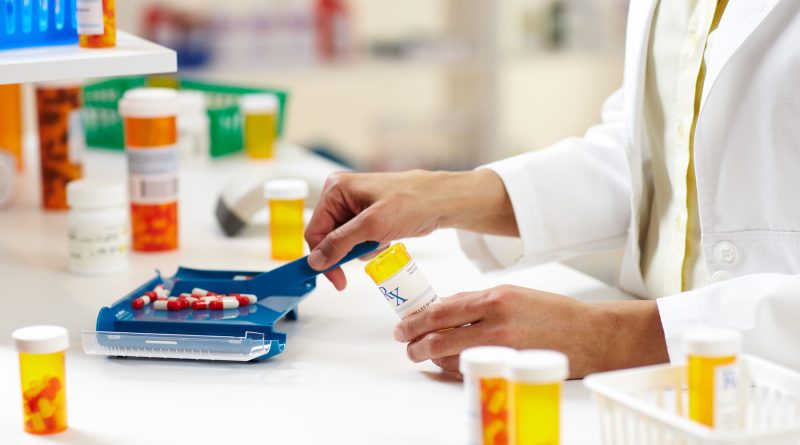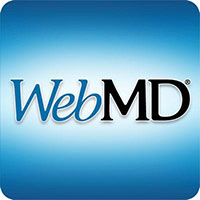Two-Drug Combo May Help Fight Meth Addiction
[ad_1]
In the first stage, patients (aged 18 to 65) were divided into two groups. One was given the combination therapy, which involved a shot of naltrexone every three weeks along with a daily dose of bupropion. The other group was given placebo shots and pills.
Urine drug screening was conducted four times in each stage. Those in the placebo group who saw no improvement by week six were rolled over into the second stage, and then randomly reassigned to either a new treatment group or another placebo group.
Success was defined as three clean drug screenings out of four.
At weeks 5 and 6 nearly 17% of the combo treatment group met that threshold, versus 3% of the placebo group. By weeks 11 and 12, those figures were roughly 11% versus less than 2%. And the treatment significantly reduced cravings and boosted quality of life, both without serious side effects, researchers reported.
Not that naltrexone plus bupropion is a sure thing. The team projects that for every nine treated patients only one will succeed.
And because naltrexone is not a generic, “this treatment, if approved, may be associated with some cost,” Volkow said. But “societal costs surrounding methamphetamine addiction are [also] high and rising,” she added.
In all likelihood, “these medications will now be used ‘off-label’ by physicians to treat their patients with methamphetamine addiction,” while research continues, Volkow said.
That research is badly needed, cautioned Linda Richter, vice president of prevention research and analysis with the Partnership to End Addiction in New York City.
“The overall effectiveness was positive, but small,” Richter noted. “The duration of the study and size of the sample were limited, and the question remains as to whether using the medication combination in conjunction with behavioral therapies would enhance its effects.”
Nevertheless, if further research is similarly positive, she said, “the medication combination should be made widely available and be covered by public and private insurance.”
The study results were published Jan. 14 in the New England Journal of Medicine.
More information
There’s more on meth abuse at the U.S. National Institute on Drug Abuse.
SOURCES: Nora D. Volkow, MD, director, U.S. National Institute on Drug Abuse, Bethesda, Md.; Linda Richter, PhD, vice president, prevention research and analysis, Partnership to End Addiction, New York City; New England Journal of Medicine, Jan. 14, 2021
[ad_2]
Source link




